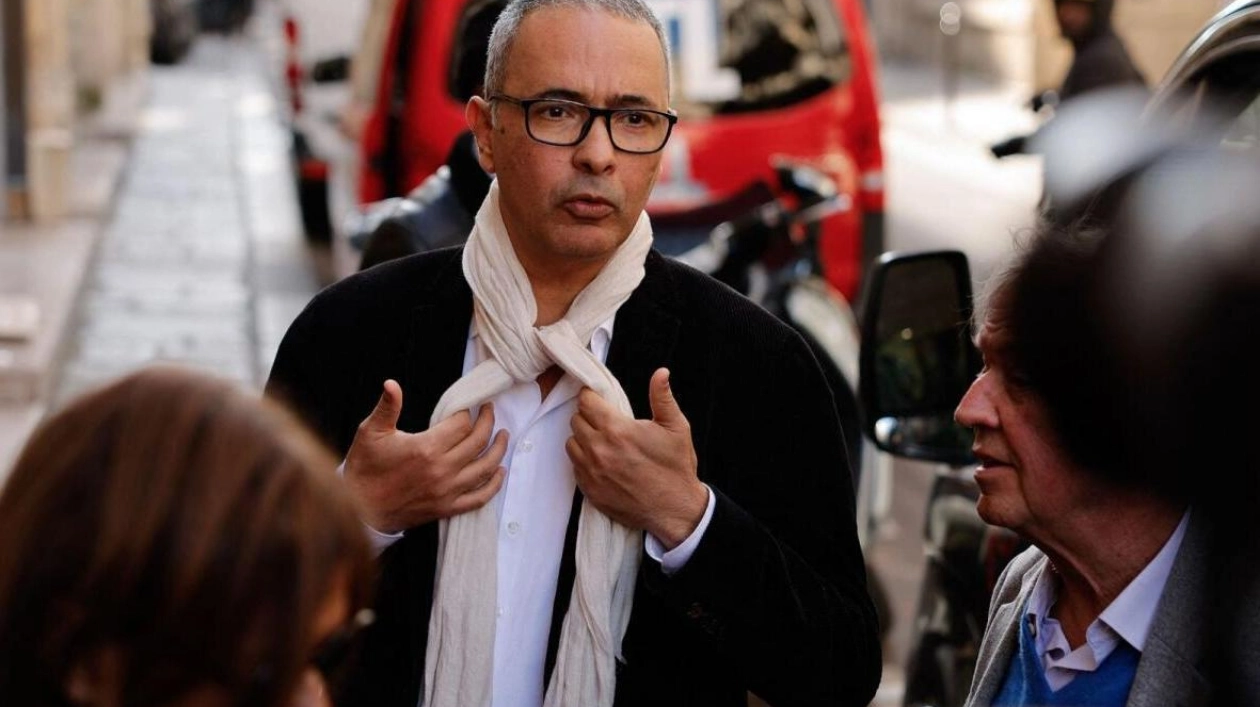French-Algerian writer Kamel Daoud has been awarded France's most prestigious literary prize, the Goncourt, for his novel 'Houris,' which focuses on Algeria's civil war between the government and Islamists in the 1990s. The jury swiftly awarded the coveted prize to Daoud in a single round of voting, recognizing his work that delves into what is known as Algeria's 'black decade.' The book, written in French, is currently banned in Algeria.
Daoud, who gained international acclaim for his 2013 debut novel 'The Meursault Investigation,' a reinterpretation of Albert Camus' 'The Stranger,' has often courted controversy with his critical analyses of Algerian society. His recent commentary on issues in Muslim countries, including the arrest of a female student in Iran for protesting harassment, further underscores his engagement with contemporary social issues.
The Goncourt prize typically boosts book sales significantly, although the monetary award is a symbolic 10 euros, often framed rather than cashed. Philippe Claudel, president of the Goncourt Academy, praised 'Houris' for its lyrical yet tragic portrayal of a dark period in Algeria, particularly for women. Daoud's novel challenges Algeria's official stance on the civil war, which began in 1992 and claimed tens of thousands of lives.
Publishing 'Houris' was only possible due to Daoud's relocation to France, where he found the freedom to write. The 54-year-old author, who left his hometown of Oran for France and was granted citizenship, noted that his publisher, Gallimard, was banned from the recent Algiers international book fair. Daoud expressed admiration for the recognition, calling it a 'powerful signal' amidst global turmoil.
While Daoud's main rival, Rwandan-born writer Gael Faye, lost out on the Goncourt, he was awarded the Renaudot prize for his novel 'Jacaranda,' which explores the reconstruction of Rwanda post-genocide.
Source link: https://www.khaleejtimes.com






